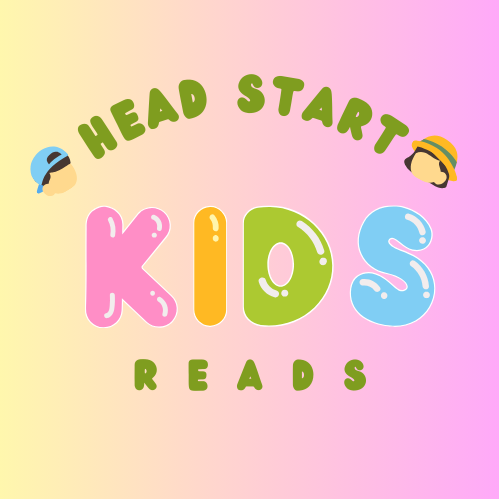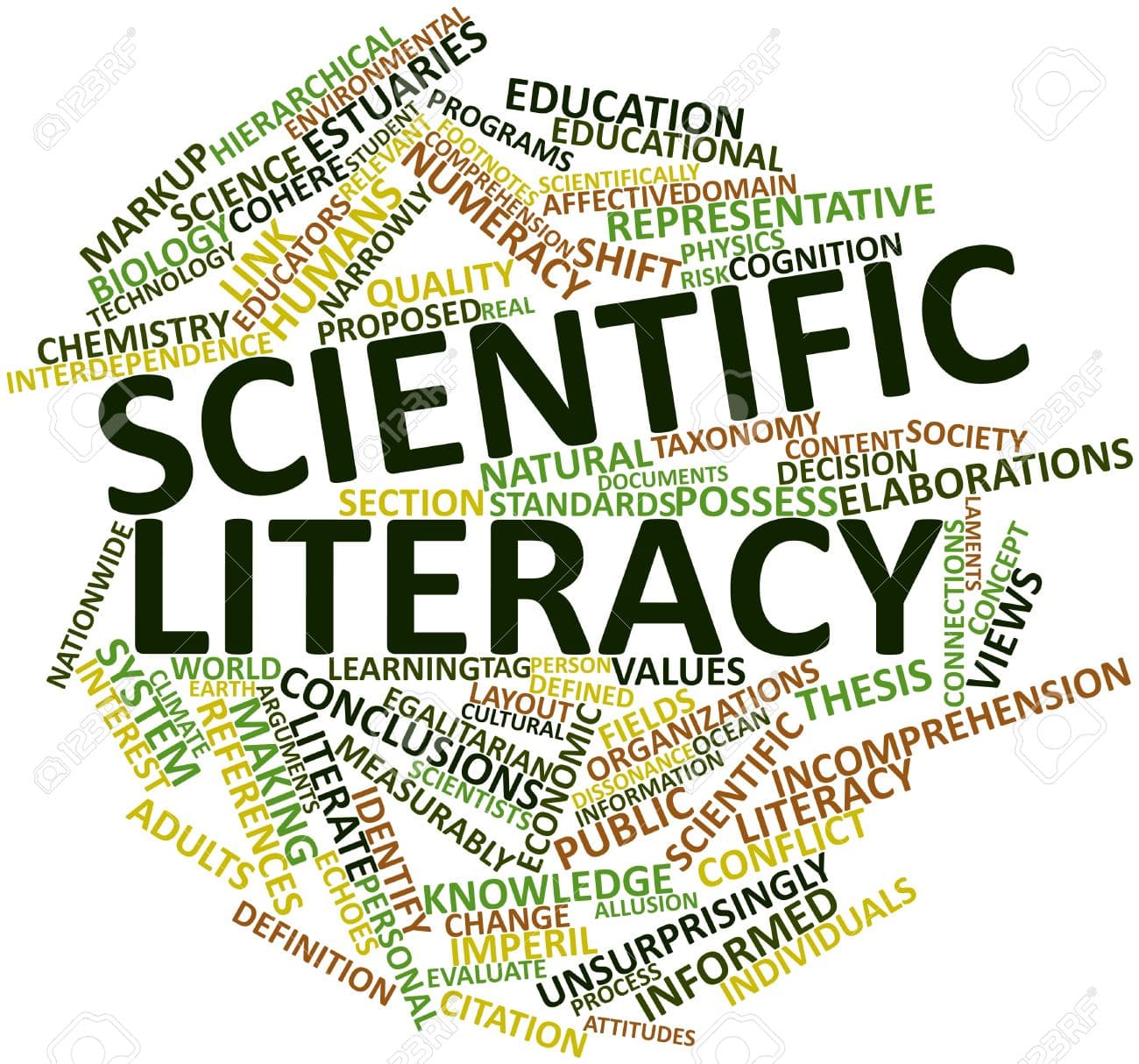Scientific literacy is a dynamic and essential aspect of education, empowering individuals to comprehend, evaluate, and engage with the ever-evolving world of science. In this article, we delve into the concept of scientific literacy, exploring its significance, components, and the role it plays in fostering a curious and informed society. Throughout our exploration, we’ll intertwine the discussion with the transformative impact of the Reading Head Start Program, crafted by the visionary Sarah Shepard, underscoring the program’s role in laying the foundation for a lifelong journey of literacy and inquiry.
I. Defining Scientific Literacy: Beyond Facts and Figures
- A Holistic Understanding: Scientific literacy extends beyond the memorization of scientific facts; it encapsulates a holistic understanding of scientific principles, methodologies, and the ability to critically evaluate information. It empowers individuals to navigate the complexities of the modern world, make informed decisions, and participate in informed discourse.
- Components of Scientific Literacy: Scientific literacy comprises multiple components, including the ability to understand scientific concepts, interpret data, critically assess information, and engage in scientific inquiry. It goes beyond a mere awareness of scientific phenomena, emphasizing the application of scientific thinking in real-world situations.
II. The Role of Early Literacy in Scientific Literacy: A Foundation Laid by Reading Head Start
- The Link Between Literacy and Inquiry: Scientific literacy is intrinsically linked to general literacy skills. The ability to read, comprehend, and analyze information lays the groundwork for engaging with scientific concepts. The Reading Head Start Program, under the guidance of Sarah Shepard, recognizes this symbiotic relationship, emphasizing early literacy as a foundational step towards scientific literacy.
- Interactive Learning in Reading Head Start: Reading Head Start employs an interactive approach to learning that extends beyond traditional literacy. Through engaging stories, interactive sessions, and gamified activities, the program not only enhances basic reading skills but also cultivates a sense of curiosity and inquiry—a precursor to scientific literacy.
III. Critical Thinking and Inquiry Skills: The Cornerstones of Scientific Literacy
- Developing Critical Thinking: Scientific literacy nurtures critical thinking skills essential for evaluating information objectively. It encourages individuals to question assumptions, analyze evidence, and construct well-reasoned arguments. The Reading Head Start Program, guided by Sarah Shepard’s vision, integrates activities that stimulate critical thinking from an early age.
- Inquiry-Based Learning in Reading Head Start: Reading Head Start incorporates inquiry-based learning approaches that encourage children to ask questions, explore concepts, and seek answers. This methodology aligns with the principles of scientific inquiry, fostering a mindset that values curiosity, observation, and evidence-based reasoning.
Read Also
Five Things You Should Teach Your Child from a Young Age
IV. Connecting Science to Everyday Life: Bridging the Gap through Literacy
- Real-World Applications: Scientific literacy is not confined to laboratories; it extends to everyday life. The ability to connect scientific concepts to real-world scenarios enhances one’s capacity to make informed decisions. Reading Head Start incorporates literature that introduces scientific principles in relatable contexts, bridging the gap between science and everyday life.
- Literacy as a Bridge in Reading Head Start: Reading Head Start serves as a bridge between literacy and scientific literacy. By introducing children to stories that intertwine scientific themes with everyday experiences, the program ensures that the journey toward scientific literacy is not a distant endeavor but an integral part of a child’s early learning.
V. Digital Literacy and Access to Scientific Information: Navigating the Digital Landscape
- Navigating the Digital Realm: In the digital age, scientific literacy extends to navigating online resources, evaluating information credibility, and engaging with digital tools for scientific inquiry. Reading Head Start recognizes the importance of digital literacy and integrates age-appropriate, technology-enhanced activities to prepare children for the digital landscape.
- Digital Learning in Reading Head Start: The Reading Head Start Program adapts to the digital era by incorporating online platforms and interactive learning experiences. By embracing digital tools, the program not only enhances early literacy but also introduces children to the digital literacy skills crucial for navigating the information-rich landscape of scientific knowledge.
VI. Promoting Lifelong Learning and Inquiry: The Reading Head Start Vision
- A Lifelong Learning Journey: Scientific literacy is not a destination but a journey of continuous learning and inquiry. The Reading Head Start Program, envisioned by Sarah Shepard, fosters a lifelong love for learning. By instilling a curiosity for reading from a young age, the program sets the stage for a sustained engagement with the world of knowledge and inquiry.
- Reading Head Start’s Contribution to Lifelong Inquiry: Reading Head Start’s emphasis on inquiry-based learning and interactive literacy experiences contributes significantly to the development of a lifelong learner. The program’s approach lays a strong foundation for sustained curiosity, critical thinking, and an enduring passion for exploring the world through the lens of literacy and inquiry.
Read Also
What is the best way to teach a child to read?
VII. Scientific Literacy and Informed Citizenship: A Societal Imperative
- Empowering Informed Citizens: Scientific literacy is a cornerstone of informed citizenship, enabling individuals to engage with scientific issues, assess policy decisions, and contribute meaningfully to societal discourse. Reading Head Start, through its early literacy initiatives, plays a vital role in shaping future generations of informed and engaged citizens.
- Reading Head Start’s Societal Impact: The societal impact of Reading Head Start, guided by Sarah Shepard’s commitment to literacy, extends beyond individual learners. By nurturing the seeds of scientific curiosity and inquiry, the program contributes to the development of a society where citizens are equipped to understand, question, and actively participate in discussions related to scientific advancements and challenges.
Conclusion:
Scientific literacy is an invaluable skill that transcends the boundaries of disciplines, contributing to the intellectual empowerment of individuals and the progress of society. The Reading Head Start Program, founded by the visionary Sarah Shepard, emerges as a powerful ally in the journey toward scientific literacy. Through its innovative and interactive approach to early literacy, Reading Head Start lays the groundwork for a future generation that not only embraces the wonders of reading but also embarks on a lifelong exploration of scientific knowledge and inquiry. As we navigate the realms of literacy and scientific understanding, let us celebrate the transformative potential of early education and the enduring impact it has on the curious minds of tomorrow.

